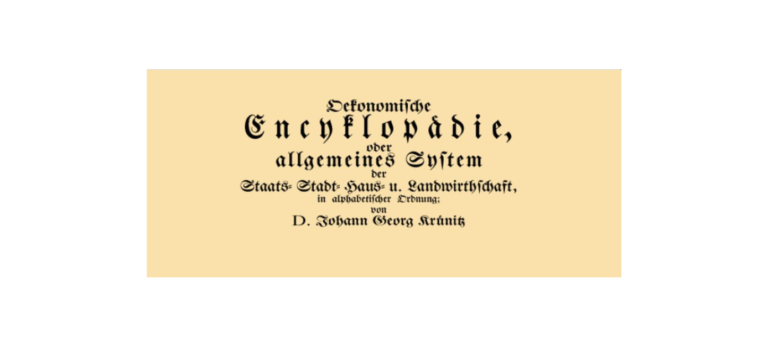
Digital edition of the economic-technological encyclopaedia by J. G. Krünitz, published in 242 volumes from 1773 to 1858.
Short description of the project
DARIAH-DE (funded 2011-2019) supports humanities scholars and cultural scientists working with digital resources and methods in research and teaching. To this end, the network is establishing a digital research infrastructure and developing materials for teaching and further education in the field of Digital Humanities (DH). The DARIAH-DE operational cooperation (2019-2021) continues these goals.
Project content
Together with successful initiatives in the field of DH in Germany
This goal does not only include technical tasks, but also concerns local and international activities, and above all is designed for the long term.
DARIAH-DE was conceived on the basis of the following guiding principles:
The German Wissenschaftsrat identifies a number of key areas that need to be considered when developing research infrastructures in the humanities, such as the “long-term archiving of research data with reference and citation options”, “uniform standards”, “linking digital data with metadata”, “interdisciplinary cooperation”, “use of research infrastructures in teaching”, etc. During its two and a half year preparation period, the ESFRI project DARIAH-EU identified these topics as relevant fields of action, which were realized in the subsequent phase of establishing a humanities research infrastructure.
Project team members
The start of the operational cooperation in March 2019 marked a new phase in the development of DARIAH-DE. 16 partner institutions have laid the foundation for the sustainable operation and thus the continuation of DARIAH-DE by concluding an operating cooperation agreement. The operating cooperation partners have different humanities and technical backgrounds. They include universities, libraries, computer centers, non-university research institutions, academies of science and commercial partners.
Many other institutions have participated in the development of DARIAH-DE as partners in the phases DARIAH-DE I-III (2011-2019) and are now part of the constantly growing network as former partners. Cooperation partners, associated partner projects and initiatives as well as the Memorandum of Understanding partners form another important part of this network. They use DARIAH services or develop them further within the framework of their own research priorities. Some of them are also connected to DARIAH-DE via national/international initiatives or projects that use the DARIAH infrastructure, such as EHRI and CENDARI.
Partner of the operation cooperation:
The project is coordinated by the Göttingen State and University Library (SUB Göttingen).
Add your DH research project to the project showcase by submitting a short project description via the web form. Enter project data, a brief description, a graphic or visualization as well as a detailed description of the project content with technical assignment, addressees, added value, project managers, funding information and duration.

Digital edition of the economic-technological encyclopaedia by J. G. Krünitz, published in 242 volumes from 1773 to 1858.
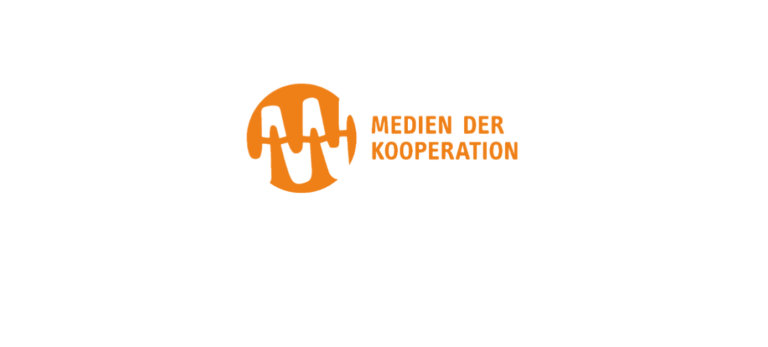
Im Zentrum steht die Erforschung digitaler, datenintensiver Medien, die sich auf breiter Front als kooperative Werkzeuge, Plattformen und Infrastrukturen herausgestellt
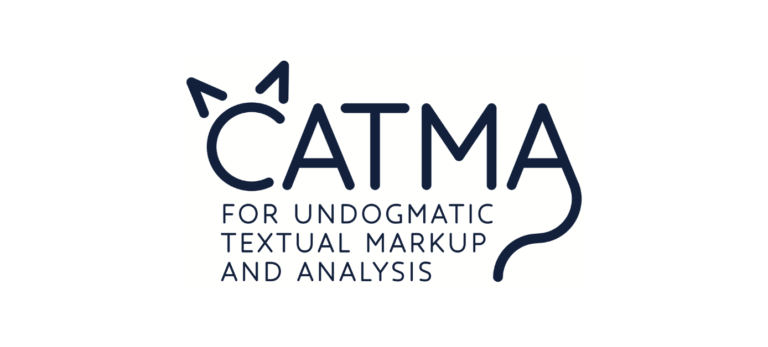
Annotieren, Analysieren, Interpretieren und Visualisieren: In CATMA können Textwissenschaftler:innen so arbeiten, wie es ihren Fragestellungen am besten entspricht: qualitativ oder
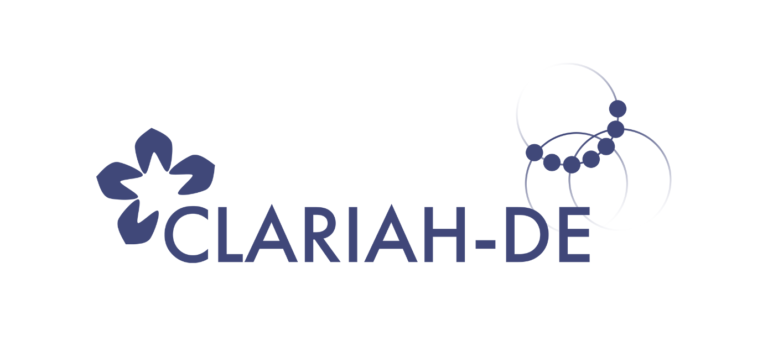
CLARIAH-DE ist ein Beitrag zur digitalen Forschungsinfrastruktur für die Geisteswissenschaften und benachbarte Disziplinen. Durch die Zusammenführung der Verbünde CLARIN-D und
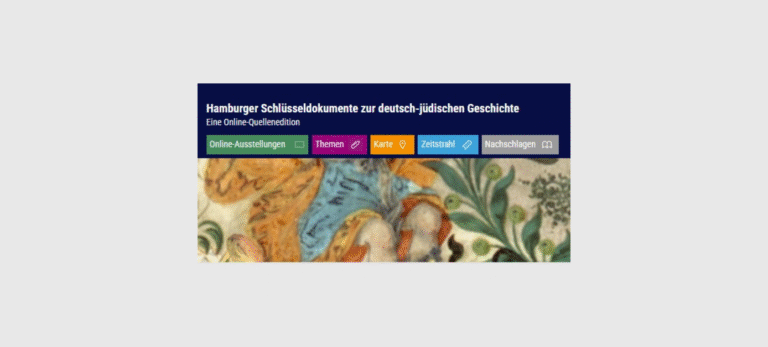
Die Edition „Hamburger Schlüsseldokumente zur deutsch-jüdischen Geschichte“ soll sowohl einem akademischen Publikum als auch der interessierten Öffentlichkeit einen niedrigschwelligen Zugang
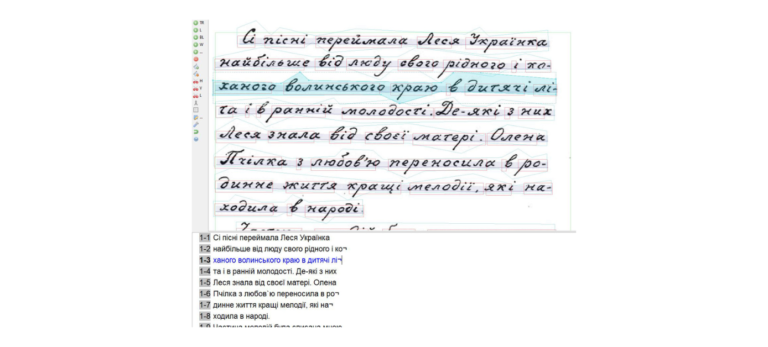
Das MultiHTR-Team setzt die Ergebnisse der ersten erfolgreichen Projektphase (01. Juni 2020 bis 31. Mai 2022) fort, um in der
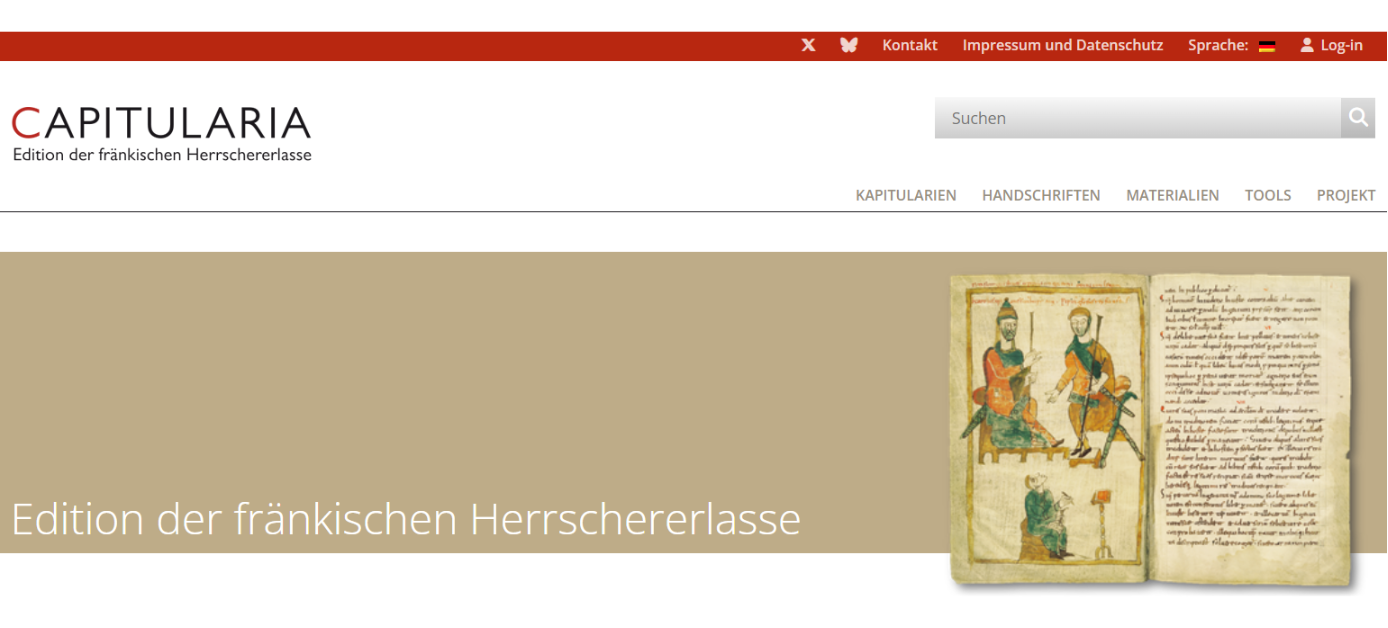
The project is preparing a new edition of the Frankish capitularies, which are among the central legal sources of the European Middle Ages. On the one hand, these rulers' decrees will be critically edited as individual pieces and published in their reconstructed form with translation in print; on the other hand, the collections central to the history of their impact and reception will be catalogued and made accessible to researchers in a digital edition.
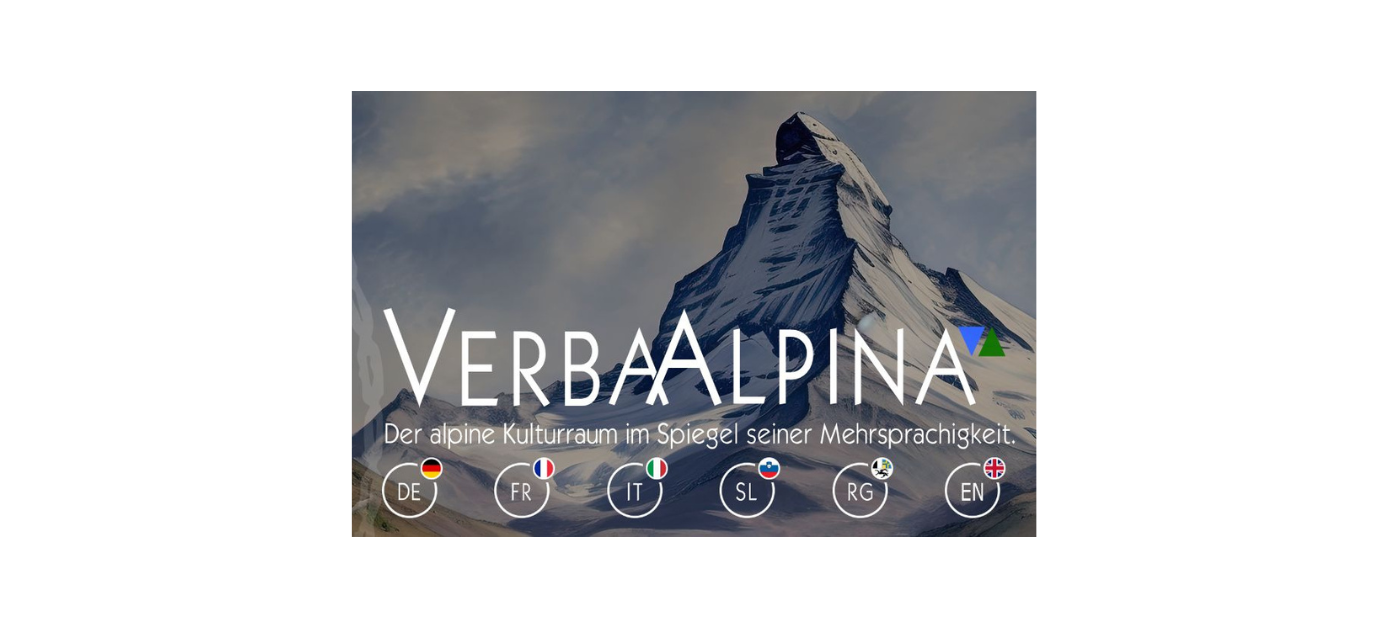
VerbaAlpina widmete sich der Dokumentation der dialektalen lexikalischen Variation im Alpenraum innerhalb regionstypischer Konzeptdomänen.
Wir verwenden Cookies und ähnliche Funktionen zur Verarbeitung von Daten. Die Zustimmung ist freiwillig und kann jederzeit widerrufen werden.